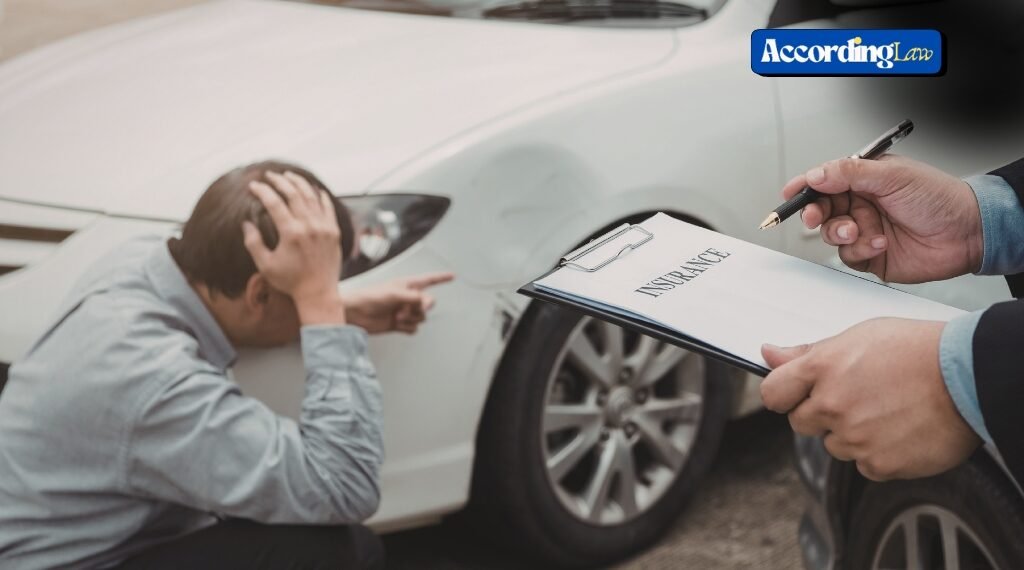West Palm Beach is a vibrant coastal city known for its year-round sunshine, active lifestyle, and constant flow of visitors and residents traveling in and out of the area. With its close proximity to major highways and popular tourist destinations, residents often find themselves driving beyond state lines for work, vacations, or family visits. But what happens if a car accident occurs while away from home? The stress of a crash multiplies when it happens in unfamiliar territory. Different laws, unfamiliar procedures, and questions about insurance coverage can leave anyone feeling overwhelmed.
Understanding how to respond after an out-of-state accident is key to protecting both health and legal rights. From reporting the incident properly to handling varying state laws, each step matters. Consulting a West Palm Beach car accident lawyer can be especially helpful in sorting out legal responsibilities, ensuring proper documentation, and guiding accident victims through unfamiliar claims processes with confidence.
Table of Contents
Immediate Steps
Safety should be the priority after any accident. Ensure that everyone involved is out of harm’s way. If possible, move the vehicles to a safe location and check for injuries. Call emergency services immediately and explain what happened.
Exchange contact and insurance information with all parties involved. Document the scene of the accident by taking photographs of vehicle damage, visible injuries, and road conditions. Having these records on hand helps a lot with insurance paperwork or any legal battles.
Contacting Law Enforcement
In many states, it is a legal requirement to report any accident involving injuries or significant property damage. Contact local law enforcement and wait for them to arrive on the scene. Expect an official report from them; you’ll need it for your insurance claim.
Seeking Medical Attention
Even if injuries seem minor, it is important to seek medical attention promptly. Some injuries may not be immediately apparent, and a healthcare professional can provide a thorough evaluation. Keep all medical records and receipts, as they will be necessary for insurance claims and any legal actions.
Understanding Insurance Coverage
Car insurance policies can differ significantly, and being involved in an accident in another state may raise questions about coverage. Contact your insurance provider as soon as possible to report the incident. They’ll explain your coverage clearly and advise you on what to do next.
It is essential to know that insurance laws vary between states. Some states follow no-fault rules, where each driver’s insurance covers their own damages, while others adhere to fault-based regulations.
Legal Considerations
Accidents occurring in another state may involve different legal rules and procedures. Consulting a car accident lawyer who is familiar with the state’s laws can be beneficial. They can help you understand your rights and explain local laws and regulations. The time limit for filing a lawsuit, known as a statute of limitations, can also vary across states. If you miss this deadline, you can lose your right to claim compensation.
Filing an Insurance Claim
To file a claim, contact the insurance company and provide all the information gathered at the accident scene. This includes photographs, police reports, medical records, and witness statements. In some cases, disputes may arise regarding fault or claim amounts. In this case, a legal professional can offer advice or negotiate with the insurance company on your behalf.
Handling Out-of-State Legal Proceedings
If legal proceedings become necessary, you should know where to file a lawsuit. Generally, cases should be filed in the state where the accident occurred or where the defendant resides. Consulting with a lawyer can help you understand the best course of action. Out-of-state legal proceedings may involve additional travel and logistical considerations.
Conclusion
Being involved in a car accident away from home can be a disorienting and overwhelming experience. However, you can confidently manage this situation by understanding the legal considerations and steps you need to take. Prioritizing safety, seeking medical attention, and consulting with professionals can help you navigate the aftermath of an out-of-state accident.


